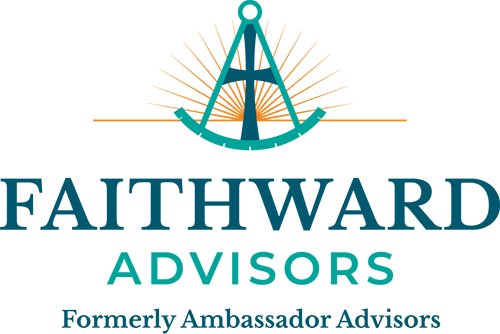-

-
275 Hess Boulevard
Directions
Lancaster, PA 17601 -
Call
717.560.8300 -
Fax
717.833.6303
- contact us
Financial Services

Depending on your age, retirement may seem like a far-off event, or it may be a milestone you’ll achieve within the next few years. Yet no matter how old you are, it’s never too early to start planning ahead. The shift from your employment to your retirement should be seamless, and our retirement advisors can help you develop a personalized plan now to maximize your investments and ultimately save for retirement, regardless of how close to that milestone you may be.
Preparing for your retirement involves safeguarding your resources now and maximizing them for the future. That’s why it’s wise to start planning for your retired years early. Contact the professionals at Faithward Advisors to begin exploring a personalized plan for your retirement.
When you envision your retirement, you probably have a picture in your mind of what that looks like—we want to help you get there! Our team will help you develop a strategic plan as we get to know you and your financial needs for retirement, which provides us the opportunity for optimal personalization. Our strategy takes into account several factors to complete your plan, including insurance, investments, assets, and of course, the predicted amount you need in order to comfortably live in retirement. Your heart for giving doesn’t have to change when you move into the retirement phase of your life. Careful planning today can ensure your philanthropic endeavors continue in the years to come.